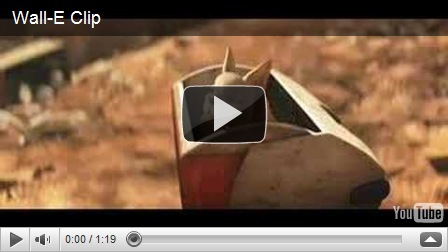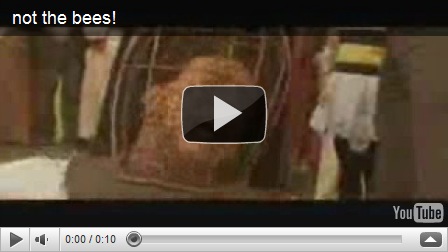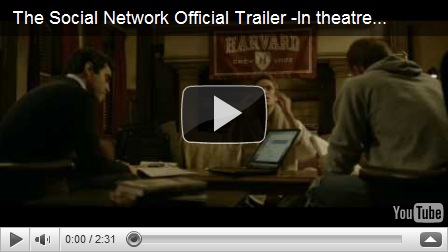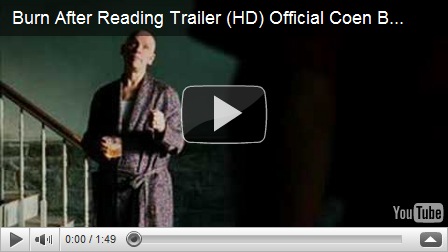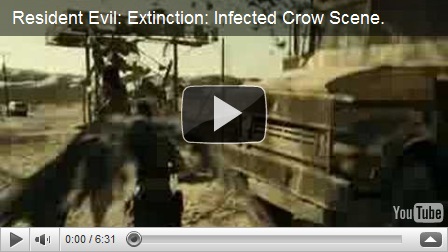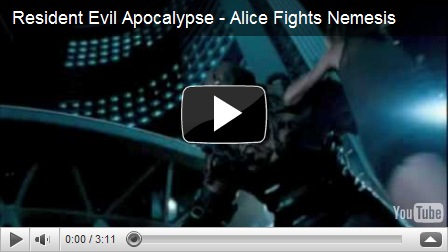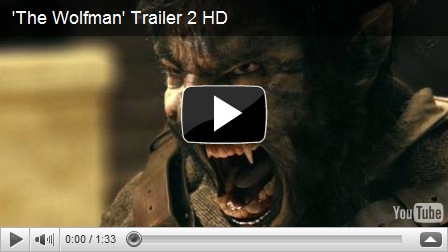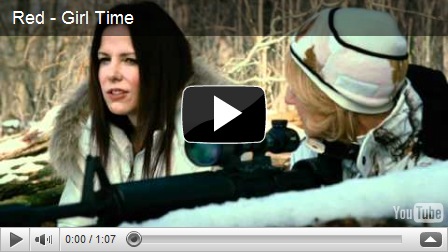(2002)
Dir: Paul W.S. Anderson
As will probably become all too obvious to any button bashers who might stumble across this, I know virtually nothing about computer games, so I’m such there’s lots of things that have been missed Paul W. S. Anderson in his adaptation of Resident Evil from computer disc to the big screen. But is it that important?
I’ll be amazed if there’s a video game out there with a plot that couldn’t be improved by screenwriters, especially the gentleman who brought us one of the best Sci-Fi Horrors in recent memory, Event Horizon. But, in saying that, Resident Evil might as well have kept its joystick jarring plot for all the good of this new one.
Milla Jovovich’s Alice wakes up in the ominously named ‘Hive’. Fortunately for the narrative, Alice’s convenient amnesia allows for plenty of scenes with more informed characters explaining the plot with such intricacy that you have to remind yourself that you are watching a zombie movie. I don’t remember this kind of convolution when George A. Romero’s Dead were walking the earth.
Alice is joined by Eric Mabius, James Purefoy, and a team of armed commandos, led by Vasquez wannabe Michelle Rodriguez and the syrup voiced Colin Salmon. It’s standard, entertaining action zombie fodder, as these expendable characters battle their way up the many levels of The Hive to escape before the facility is destroyed. There are a few original set pieces thrown in with the usual zombie-centric ones, including a very nice Cube homage.
There’s nothing terribly wrong with Anderson’s flick; if you enjoy zombie films then this is an easy watch. However, the inclusion of the naff monster at the end is completely unnecessary. Zombies are scary enough; we don’t need a poorly animated, hairless chimpanzees slobbering all over the camera.
Entertaining slop, but nothing else.
** ¼ / *****
“Needs more brrrrrraaaaaaiiiiinnnnsssssss.”
Game versus film...
I know Kung Fu! Also French.
The original concept for the video game that this movie is based on was that you have a huge sprawling mansion that you have gone in as police officers to investigate. Whilst you are there conducting said investigation, you realise much to your chagrin that the house has a lot of zombies swaddling all over the place. Imagining what this could do to the property prices, your responsibility thereafter is to put down the walking un-dead for loitering on the premises.
The game has numerous things going for it. The truly great atmosphere is driven along by a minimalist soundtrack. The faintly echoing footsteps of the un-dead get louder as they come down the corridors of the mansion towards you. The hungry shuffling footsteps become a permanent sense of dread.
This is in stark contrast to the movie, which has virtually no atmosphere at all. The film over compensates and has entirely too much guitar riffling. Probably this was supposed to disguise the total lack of anything interesting taking place, the complete and utter abandonment of good set pieces and the overall reliance on action.
Speaking of action, the totally ridiculous scenes involving Alice have to be brought up at some point. Her stuff seems totally out of kilter in respect to the rest of the movie and especially seems out of place when you remember that once upon a time this was supposed to be a zombie movie.
The scene that Alice remembers her past life as a resident female ubermensch in the mansion above the dangerous Hive detracts so much out of the movie that after this point I feel almost totally withdrawn from it.
It’s like someone smuggled a Kung Fu action flick into the script and what makes this so riling is that the game was nothing like this at all. The game had you doing your utmost to avoid a confrontation with the un-dead. Fighting the zombies hand to hand, leaping off walls and kicking them in the side of the head never ever took place.
In the game your characters really have to fight just to stay alive. In the movie, I never felt that same sense of dread. Nor would I have cared if I had done.
I cared more about the characters in the video game. The immortal, ‘You were almost a Jill sandwich’. Or the most stupid line ever uttered, ‘I found this weapon. It’s really powerful, especially against living things.’
That the game can get away with such colossally bad dialogue and yet still feel more frightening, involving and exciting than the film is an excellent testament to its real qualities. Most tenable of these is that it’s far gorier than the movie, which had surprisingly little blood and guts, especially for a zombie movie.
When you failed in the game, your character wasn’t just killed in the normal sense. In the best Romero fashion, they then got eaten by the horde – the blood spurting up to hit the lens of the camera, where it would slowly slide down forming the words ‘you died’ when finally it had congealed together.
Nothing quite so horrible ever happens in the film. Hence lays the problem. It’s got no balls.
The dread is created by a silly ploy of having them race to get out of the Hive before they are trapped forever underground and if the zombies were frightening and horrific enough this wouldn’t be necessary of course.
The film is pretty terrible but actually in its particular genre it sits fairly highly. In respect to video game adaptations maybe it could be said to be the pick of the litter. The competition it faces from fellow video game adaptations is so lame that it can rest assured and sit securely on the top of the genre, looking down at lesser adaptations such as Silent Hill. Plus of course, the entire contribution that Boll has made to the genre.
Even in regards to the zombie genre, it sits somewhere in the middle. Not as good as the Romero classics or 28 Days/Weeks Later. Though better for example than Diary of the Dead and the remake of Day of the Dead.
Movie – **1/4 /*****
Game – ****/*****
